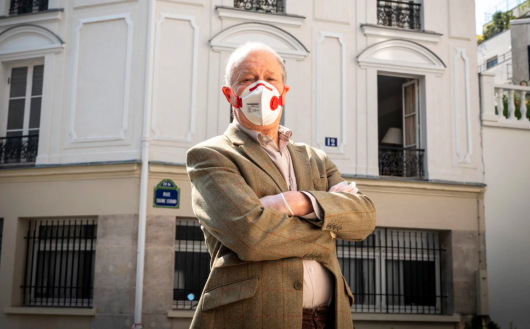 The terrible deterioration in the character of the English
The terrible deterioration in the character of the English
The decline of religious belief, writes Dalrymple,
which provided a basis for personal responsibility, occurred at the same time as a decline in Britain’s world power. Intellectuals, impotently enraged by this, mocked at every value and belief, without providing alternatives. Unlike France, which remained the standard-bearer of a language and a culture, Britain was turned into a province, a deep humiliation for a country which had been metropolitan for two centuries.
Young Britishers
have been deliberately deprived of any knowledge of British achievement: they know nothing of Shakespeare and Dickens, Newton and Darwin, Brunel and Lister. They know of nothing of which they can feel proud.
In the absence of a system of values, says Dalrymple, adolescent revolt
has become a permanent state of mind.
The lack of belief in anything
is compensated for by shrillness, as if noise could fill the void.
The trouble with Britain is not the government. It’s the people
The malaise, Dalrymple points out, is not confined to an underclass.
Every week I meet members of the middle classes who consider themselves victims of some injustice or other in order to lend significance to their lives. They are only victims in the sense that Marie Antoinette was a shepherdess.
The attempt to find transcendent meaning in social justice
destroys or perverts aesthetic appreciation: for how, it is asked, can beauty and injustice subsist in the same world? The aggressive ugliness (not mere lack of taste) of the mode of dress of many of my younger patients, especially those with intellectual pretensions, is intended to provoke the very rejection that will then be used to justify the resentment that gives meaning to otherwise meaningless life.
Essentially personal dissatisfactions (of the kind attendant upon life) are projected on to society as a whole. This
has its advantages: it absolves one of the often painful necessity of self-examination. But it breeds the angry passivity that is now almost a national characteristic.
The sullenness of many of Dalrymple’s young patients
is not mere adolescent rebellion, it is a permanent condition: they will not grow to courtesy. They do not have the dignity or self-respect of previous generations which have known suffering that is not self-inflicted.
 There are, writes Dalrymple, two Frances, living in enmity:
There are, writes Dalrymple, two Frances, living in enmity:


























